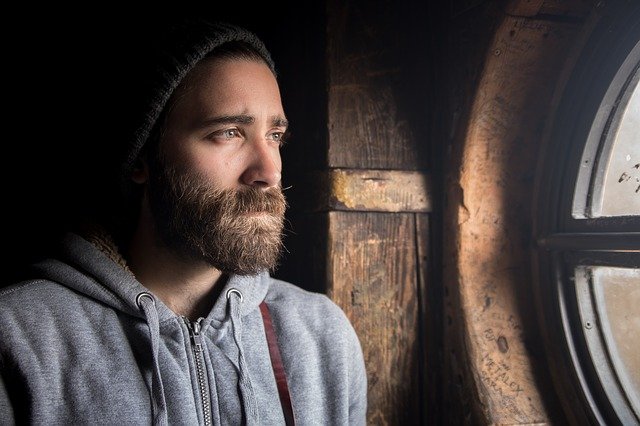It is an unfortunate fact, that for those of us in recovery, the loss of our friends is an all too frequent occurrence. An estimated ninety-five thousand people die in the United States of America annually of alcohol-related factors alone. The chronic impact that alcohol abuse has on our bodies can be devastating. It can cause liver damage, heart disease and stroke to name a few, with many people unable to overcome these illnesses. The instance of death by suicide and drug and alcohol-related accident is also a grim reality within the community. Coping with death at the community recovery center can be a traumatic reality, and we must know how to support ourselves and each other through it.
Preventing relapse.
I know from experience that losing a friend to addiction causes grief that is inexplicable. It can leave you with feelings of guilt, simply because you are alive and they didn’t make it. You often hear in recovery circles or online recovery meetings, “but for the grace of God go I. Realizing that you have skated too close to the edge of death yourself at times, can shake you to your core. It can be a huge wake-up call and make us strengthen our resolve to stay well. However, it can leave some of us with a feeling of hopelessness also.
This is a crucial time to stay close to the people of your addiction meetings. Discussing your feelings with your group members or a professional is vital to work through these thoughts and feelings. Numbing pain is where addicts excel and in traumatic times it can inevitably be our first thought. However, acting on thoughts is a choice. If you struggle with making the right choice, getting appropriate advice is key. Relapse does not have to be part of your process.
Taking care of yourself.
Grief can wash over everyone when we lose someone in our in-person or online recovery community. We can drown in that sea of emotion if we allow it. Coping with death in the Recovery Community can be extra traumatic because everyone relates. Enter self-care. Keeping your routine and self-care habits will keep you grounded and may save your own life. Meetings, prayer, meditation, exercise, or whatever self-care process you have adopted is a top priority. I absolutely understand that this is easier said than done. You can feel scared about what happened. It becomes all too apparent how what happened relates so closely to your own life. It is a shock and it is crushing. However, letting go of your own care at this time will only increase your struggle and the struggle of those around you. Being able to take care of yourself is one of the biggest gifts you can give to those who love you. Always remember that!
Accepting your grief.
Feelings of any kind can be tricky, especially if you are relatively new to recovery. Numbing feelings was once normal. Feeling emotion may be new and complicated. You may not know how to appropriately show emotion or even feel embarrassed about it. Emotional expression is normal (thankfully), and in times of distress, releasing them is a hugely positive thing. Grief in particular can feel like a tidal wave, ebbing and flowing from feeling normal to complete devastation. There are five stages of grief; denial, anger, bargaining, depression and acceptance. It would be great if these stages came in order so we know what to expect. But, as with all things human, they will come at their own time and pace. Your job is to be prepared for whatever comes and accept that you are hurting. Again, reach out for help and support. You are not alone.
I hold all my friends whom I have lost to addiction and ill mental health close to my heart. Most days I will see something that will remind me of one of them. I have pictures of some that I cherish. I even have a picture that one friend created for me. It hangs proudly on my wall with his name signed in the bottom corner. I still cry sometimes and I miss them desperately. Their gift to me is that they keep me strong to fight another day and I hope you will too….






